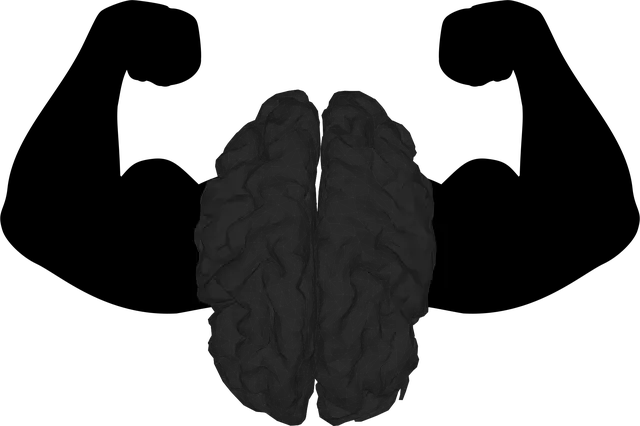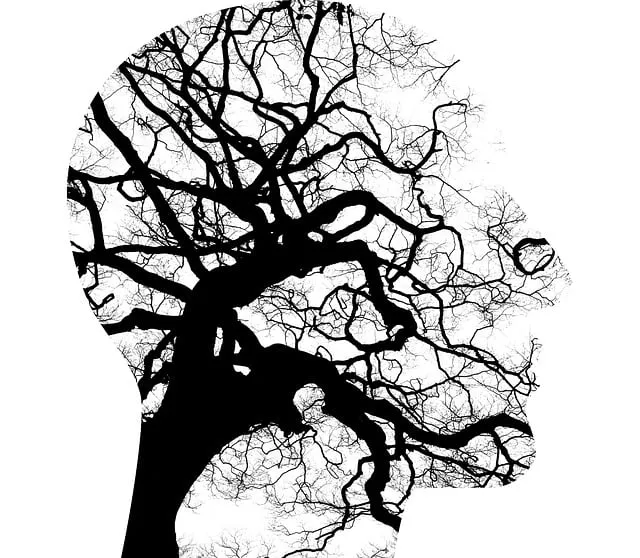Lone Tree Kaiser mental health programs promote holistic well-being through self-care practices, empowering individuals to thrive. These evidence-based initiatives offer tailored therapy, workshops, and support groups, encouraging personal growth and balanced lifestyles. By identifying unique needs and tracking progress, they help build resilience, manage stress, and improve overall quality of life, with a focus on mental health alongside physical well-being.
Self-care is an essential aspect of maintaining overall well-being, and improving these practices can lead to a healthier, happier life. This comprehensive guide explores various strategies to enhance your self-care routine. We delve into the fundamentals of self-care and its impact on mental health, offering insights from Lone Tree Kaiser’s renowned programs. By understanding personal needs and incorporating effective strategies, you can embark on a journey of self-improvement. From daily rituals to long-term goals, this article provides a roadmap to sustain and track your progress.
- Understanding Self-Care: The Foundation of Well-being
- Lone Tree Kaiser Mental Health Programs: A Comprehensive Overview
- Identifying Personal Self-Care Needs: Taking the First Step
- Incorporating Effective Self-Care Strategies into Daily Life
- Sustaining and Tracking Self-Care Journey: Measuring Progress
Understanding Self-Care: The Foundation of Well-being

Self-care is a cornerstone of overall well-being, encompassing physical, mental, and emotional health. It’s about recognizing your unique needs and taking proactive steps to nurture yourself. This involves everything from getting enough sleep and eating nutritious meals to engaging in activities that bring joy and relaxation. Understanding self-care isn’t just about treating symptoms; it’s about creating a foundation for resilience and long-term mental health.
At Lone Tree Kaiser, our mental health programs are designed with this holistic understanding in mind. We offer resources tailored to enhance your self-care practices, including confidence-boosting workshops, healthcare provider cultural competency training, and crisis intervention guidance. By prioritizing self-care, you can better navigate life’s challenges and thrive in all aspects of your daily routine.
Lone Tree Kaiser Mental Health Programs: A Comprehensive Overview

Lone Tree Kaiser Mental Health Programs offer a comprehensive array of services designed to enhance overall well-being. These programs cater to individuals seeking support for various mental health concerns, from stress management and anxiety reduction to fostering positive thinking and self-awareness exercises. The organization prioritizes creating a nurturing environment where participants can learn effective coping strategies and build resilience.
Through a combination of individual therapy sessions, group support meetings, and interactive workshops, Lone Tree Kaiser provides personalized care tailored to each client’s unique needs. Their experienced professionals guide individuals through evidence-based practices, empowering them to navigate life’s challenges with greater ease. These programs are an excellent step towards self-improvement and a more balanced lifestyle.
Identifying Personal Self-Care Needs: Taking the First Step

Identifying your personal self-care needs is the first step towards a healthier and happier you. It’s like navigating a labyrinth where every turn reveals a different aspect of your well-being. Lone Tree Kaiser mental health programs offer valuable resources to help individuals recognize their unique requirements. By evaluating your physical, emotional, and mental states, you can pinpoint areas that demand attention. This process involves being honest with yourself about the habits and routines that bring you joy and those that drain your energy.
Self-care practices aren’t one-size-fits-all; they should be tailored to your specific needs. For some, it might mean incorporating regular exercise into their routine for a confidence boost. Others may discover that practicing mindfulness or cultivating positive thinking significantly improves their overall well-being. Lone Tree Kaiser’s programs guide individuals through this journey, empowering them to make informed choices about their self-care and, in turn, enhance their quality of life.
Incorporating Effective Self-Care Strategies into Daily Life

Incorporating effective self-care strategies into daily life is a transformative step towards enhancing overall well-being, and Lone Tree Kaiser mental health programs offer valuable insights in this regard. These programs emphasize the importance of cultivating healthy habits that cater to both physical and mental health. By integrating practices such as regular exercise, balanced nutrition, and adequate sleep, individuals can create a solid foundation for optimal functioning. Additionally, coping skills development through techniques like mindfulness meditation plays a pivotal role in managing stress and promoting emotional resilience.
Public awareness campaigns development has further highlighted the significance of self-care, encouraging communities to prioritize mental health alongside physical well-being. Through education and support, these initiatives empower individuals to take proactive measures, fostering an environment where self-care is not just encouraged but also seen as a necessary aspect of modern life. Embracing these strategies can lead to significant improvements in one’s quality of life, making it easier to navigate the challenges that come with daily routines.
Sustaining and Tracking Self-Care Journey: Measuring Progress

Tracking your self-care journey is an essential aspect of sustaining long-term mental health and well-being, especially for healthcare providers who often juggle high-stress roles like those offered by Lone Tree Kaiser mental health programs. Measuring your progress allows you to identify what’s working and what needs adjustment in your self-care practices. Start by setting clear, achievable goals relevant to different areas of your life: physical health, mental well-being, social connections, and personal growth.
Regularly assess these against a set of metrics tailored to each goal. For instance, if improving sleep is a priority, track the number of hours slept consistently over two weeks or more. Similarly, incorporate self-awareness exercises like journaling to reflect on your emotions, thoughts, and behaviors regularly. This data will help you recognize patterns, triggers for burnout, and areas where your current self-care practices might be falling short. Adjustments can then be made to implement effective burnout prevention strategies tailored to your unique needs.
Self-care is not just a trend, but a vital practice for maintaining overall well-being. As discussed in this article, understanding the importance of self-care forms the foundation for a healthier life. The Lone Tree Kaiser mental health programs serve as an excellent resource, offering comprehensive insights into managing and improving one’s mental health. By identifying personal needs and incorporating effective strategies, individuals can embark on a journey of self-improvement. Sustaining this practice requires tracking progress, ensuring a continuous cycle of growth and enhanced well-being.






